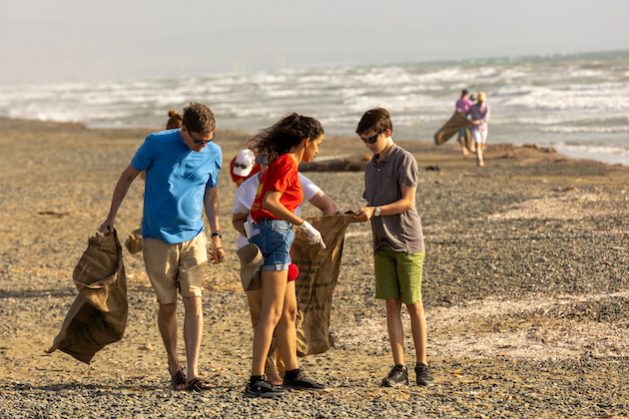journalofserviceclimatology.org – Cyprus, an island nation in the eastern Mediterranean, is renowned for its rich biodiversity, stunning landscapes, and historical sites. In recent years, the country has made significant strides in environmental conservation, recognizing the importance of preserving its natural heritage for future generations. This article explores the various efforts and initiatives undertaken by the government, local communities, and environmental organizations to protect and conserve the environment in Cyprus.
Government Initiatives
The Cypriot government has implemented several policies and initiatives aimed at environmental conservation. These include:
Legislation and Policies
The government has enacted various laws and policies to protect the environment, including the Nature and Wildlife Law, which aims to conserve biodiversity. Additionally, Cyprus has ratified numerous international agreements and conventions, such as the Convention on Biological Diversity and the Ramsar Convention on Wetlands.
Protected Areas
Cyprus has designated several areas as protected, including national forests, nature reserves, and wildlife sanctuaries. These areas are crucial for the conservation of endemic species and habitats. Notable examples include the Akamas Peninsula and the Troodos Mountains, which are home to a variety of flora and fauna.
Renewable Energy
The government is also investing in renewable energy sources, such as solar and wind power, to reduce the country’s carbon footprint. This shift towards sustainable energy is a key component of Cyprus’s environmental conservation efforts.
Community and NGO Initiatives
Local communities and non-governmental organizations (NGOs) play a vital role in environmental conservation in Cyprus. They engage in various activities, such as:
Awareness Campaigns
Environmental NGOs, such as the Cyprus Conservation Foundation (CCF), conduct awareness campaigns to educate the public about environmental issues and conservation efforts. These campaigns aim to foster a culture of sustainability and encourage community participation in conservation activities.
Clean-Up Initiatives
Community groups and volunteers regularly organize beach and forest clean-up initiatives to remove litter and protect natural habitats. These efforts are crucial in maintaining the island’s natural beauty and preventing pollution.
Wildlife Conservation
Several organizations focus on wildlife conservation, including the rescue and rehabilitation of injured animals. The Cyprus Wildlife Rescue (CWR) is one such organization that works tirelessly to protect and conserve the island’s wildlife.
Educational Programs
Education is a cornerstone of environmental conservation efforts in Cyprus. Schools and universities incorporate environmental studies into their curricula, and there are numerous programs and workshops aimed at educating students and the public about environmental issues and sustainable living.
School Programs
Schools across Cyprus participate in environmental programs, such as tree planting and recycling initiatives. These activities not only contribute to conservation efforts but also instill a sense of responsibility and stewardship in the younger generation.
Public Workshops
Workshops and seminars are organized to educate the public about topics such as waste management, renewable energy, and sustainable tourism. These educational programs aim to empower individuals to make environmentally friendly choices in their daily lives.
Conclusion
The environmental conservation efforts in Cyprus are a testament to the country’s commitment to preserving its natural heritage. Through government initiatives, community and NGO activities, and educational programs, Cyprus is making significant strides in protecting its biodiversity, landscapes, and historical sites. These efforts are crucial in ensuring that the island’s natural beauty and cultural richness are preserved for future generations. As awareness and participation in conservation activities continue to grow, Cyprus is poised to become a model of environmental stewardship in the Mediterranean region.
